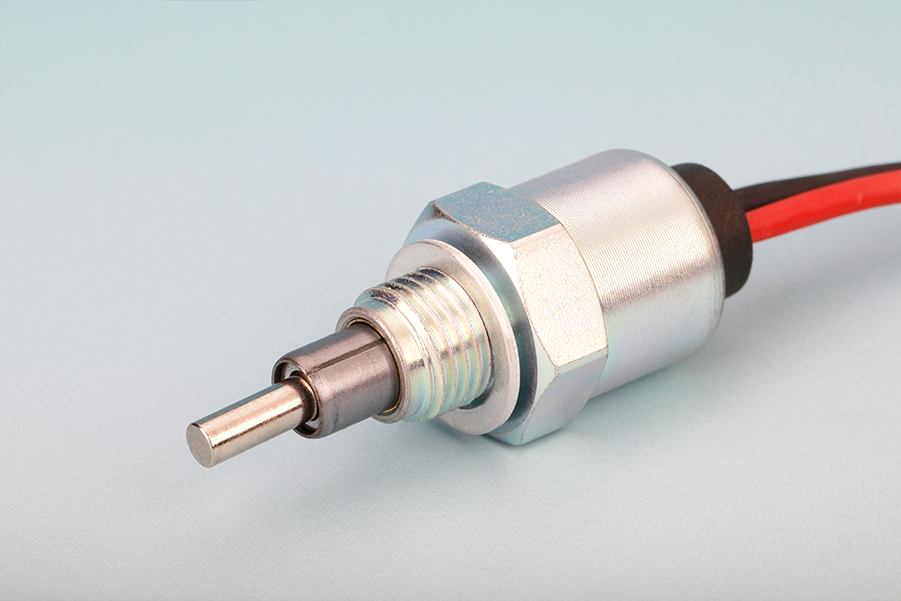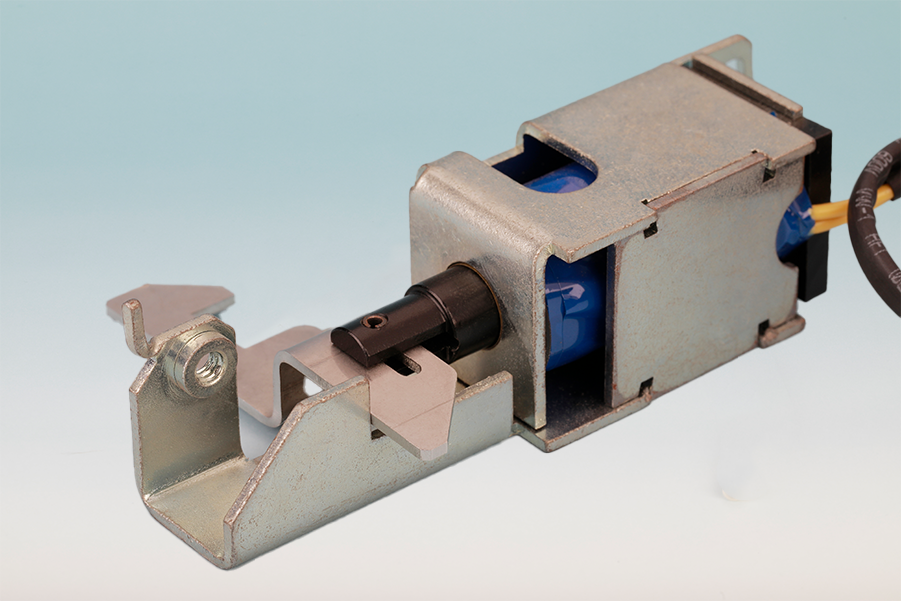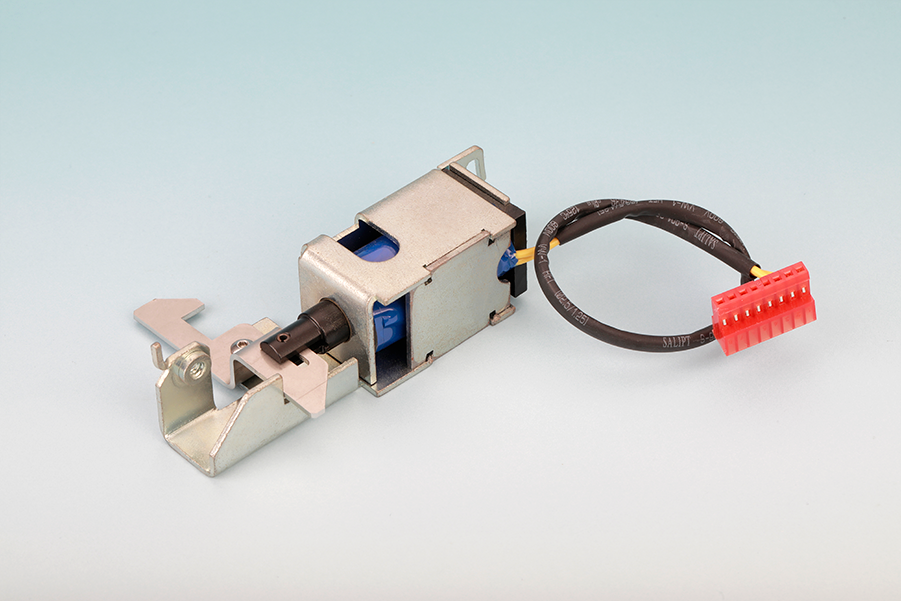Understanding Nikki Carburetor Solenoids: Key Components for Automotive Efficiency
Release Time:
Jun 26,2025
The Nikki Carburetor Solenoid is an integral component in various automotive applications, particularly in carbureted engines. Its primary function is to control the flow of fuel and air mixture through the carburetor, ensuring optimal combustion and engine performance. By regulating this mixture, the solenoid helps in maintaining efficient fuel consumption and enhances engine responsiveness under
The Nikki Carburetor Solenoid is an integral component in various automotive applications, particularly in carbureted engines. Its primary function is to control the flow of fuel and air mixture through the carburetor, ensuring optimal combustion and engine performance. By regulating this mixture, the solenoid helps in maintaining efficient fuel consumption and enhances engine responsiveness under various operating conditions.
One of the key characteristics of the Nikki Carburetor Solenoid is its operation mechanism. Typically, it is an electromechanical device that uses electromagnetic principles to open or close the fuel passage, thus allowing or restricting the flow of fuel into the carburetor. When the engine requires more power—such as during acceleration—the solenoid activates, facilitating the necessary increase in fuel flow. Conversely, when the engine is idling or in a cruising phase, the solenoid can restrict the fuel flow to improve fuel efficiency.
For automotive professionals, understanding the importance of the Nikki Carburetor Solenoid is essential. A malfunctioning solenoid can lead to a range of issues, including poor engine performance, increased fuel consumption, and even difficulty starting the engine. Diagnosing solenoid issues often involves inspecting electrical connections, ensuring there are no obstructions in the fuel line, and verifying the solenoid's operational integrity. Regular maintenance and inspections can help prevent potential failures, ensuring that the engine operates smoothly and efficiently.
Furthermore, the Nikki Carburetor Solenoid can be affected by various environmental factors. For instance, exposure to extreme temperatures or moisture can impact its performance and longevity. Therefore, protecting this component from harsh conditions is advisable. Industry professionals often recommend using quality materials and components during installation to prolong the lifespan of the solenoid and maintain optimal engine performance.
In summary, the Nikki Carburetor Solenoid is a pivotal component in the automotive sector, particularly for vehicles utilizing carbureted systems. By effectively controlling the fuel and air mixture, it plays a significant role in enhancing engine performance and efficiency. Automotive technicians should prioritize the maintenance and understanding of this component to ensure their vehicles operate at peak efficiency. Whether it's through regular inspections or understanding the operational principles, being knowledgeable about the Nikki Carburetor Solenoid can significantly contribute to the overall performance of automotive systems.
One of the key characteristics of the Nikki Carburetor Solenoid is its operation mechanism. Typically, it is an electromechanical device that uses electromagnetic principles to open or close the fuel passage, thus allowing or restricting the flow of fuel into the carburetor. When the engine requires more power—such as during acceleration—the solenoid activates, facilitating the necessary increase in fuel flow. Conversely, when the engine is idling or in a cruising phase, the solenoid can restrict the fuel flow to improve fuel efficiency.
For automotive professionals, understanding the importance of the Nikki Carburetor Solenoid is essential. A malfunctioning solenoid can lead to a range of issues, including poor engine performance, increased fuel consumption, and even difficulty starting the engine. Diagnosing solenoid issues often involves inspecting electrical connections, ensuring there are no obstructions in the fuel line, and verifying the solenoid's operational integrity. Regular maintenance and inspections can help prevent potential failures, ensuring that the engine operates smoothly and efficiently.
Furthermore, the Nikki Carburetor Solenoid can be affected by various environmental factors. For instance, exposure to extreme temperatures or moisture can impact its performance and longevity. Therefore, protecting this component from harsh conditions is advisable. Industry professionals often recommend using quality materials and components during installation to prolong the lifespan of the solenoid and maintain optimal engine performance.
In summary, the Nikki Carburetor Solenoid is a pivotal component in the automotive sector, particularly for vehicles utilizing carbureted systems. By effectively controlling the fuel and air mixture, it plays a significant role in enhancing engine performance and efficiency. Automotive technicians should prioritize the maintenance and understanding of this component to ensure their vehicles operate at peak efficiency. Whether it's through regular inspections or understanding the operational principles, being knowledgeable about the Nikki Carburetor Solenoid can significantly contribute to the overall performance of automotive systems.
Related content




